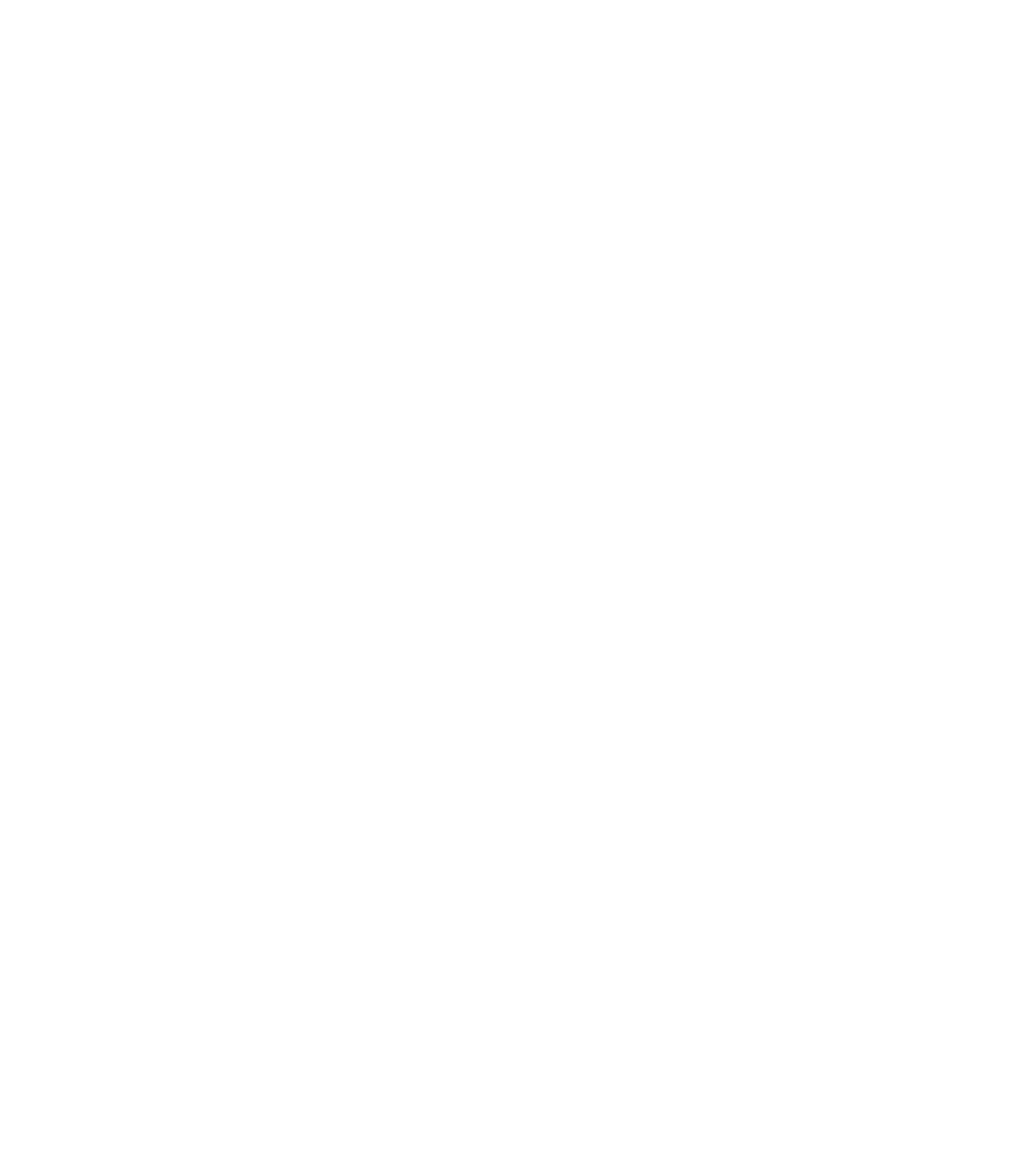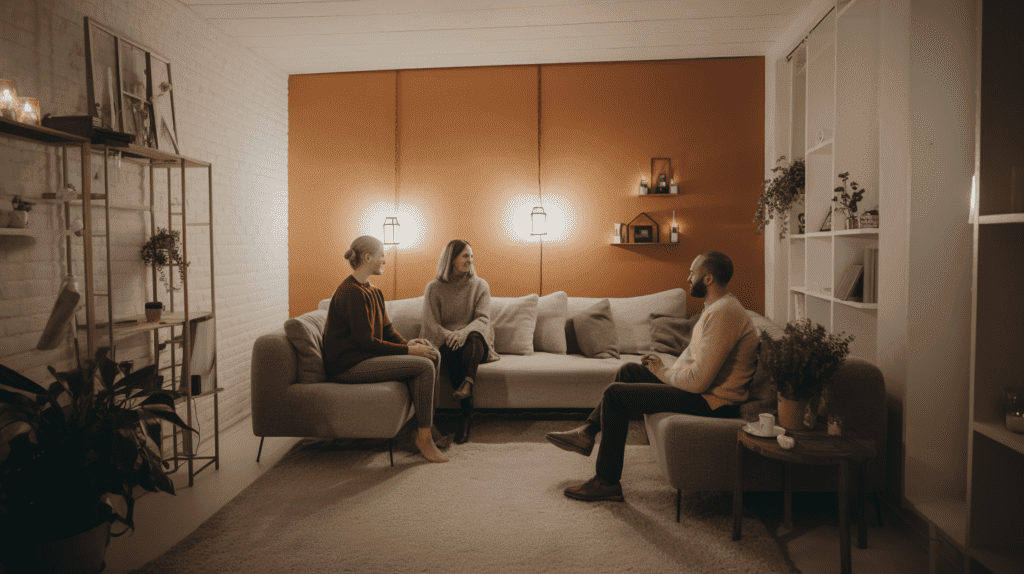Relationships are an integral part of our lives, providing love, support, and companionship. However, they often face challenges and conflicts that can lead to disconnection and distress. In this blog post, we will explore the role of counseling in relationship repair and address the question: "Can counseling save a relationship?"
Understanding the Challenges Relationships Face
Common issues couples face
Couples may experience various issues, including:- Communication problems
- Trust issues
- Infidelity
- Financial conflicts
- Intimacy problems
- Differences in parenting styles
- Incompatibility in personal values and beliefs
- Life transitions and external stressors
The impact of unresolved issues on relationships
Unresolved issues can have negative consequences on relationships, such as:- Negative impact on mental health
- Relationship breakdown
- Emotional pain and distress
- Strain on other aspects of life (e.g., work, social connections)
- Physical health problems due to stress
The Role of Counseling in Relationship Repair: Can Counseling Save a Relationship?
Explanation of counseling for couples
Counseling for couples, also known as couples therapy or marriage counseling, involves working with a trained professional who helps couples identify and address the issues affecting their relationship. It aims to improve communication, understanding, and intimacy between partners, ultimately fostering a healthier and more satisfying relationship.The benefits of counseling
Counseling can help couples in many ways, including:- Developing communication skills
- Building trust and intimacy
- Learning to resolve conflicts constructively
- Understanding the importance of self-care
- Gaining insight into each partner's needs, emotions, and perspectives
- Addressing patterns of negative behavior
- Strengthening emotional connection and partnership
- Enhancing problem-solving and decision-making skills
The Process of Counseling for Relationship Repair
Overview of the counseling process
The counseling process typically involves the following stages:- Assessment: The counselor gathers information about the couple's history, issues, and goals. This may include individual interviews, questionnaires, or assessments that help identify specific areas of concern.
- Goal-setting: The couple and counselor collaborate to establish specific, achievable objectives. These goals may address communication, trust, conflict resolution, or other areas identified during the assessment.
- Treatment planning: The counselor designs a plan tailored to the couple's needs, incorporating various therapeutic techniques. This plan may evolve over time as the couple progresses and new issues arise.
The various therapeutic techniques used in relationship counseling
Some popular techniques in relationship counseling include:- Emotionally Focused Therapy (EFT): EFT helps couples understand and change the emotional patterns that drive negative interactions. It emphasizes the importance of attachment and emotional connection, allowing couples to develop a more secure bond.
- Cognitive Behavioral Therapy (CBT): CBT focuses on the connection between thoughts, feelings, and behaviors. By identifying and changing unhelpful thinking patterns, couples can improve their communication and problem-solving skills.
- Solution-Focused Brief Therapy (SFBT): SFBT is a goal-oriented approach that helps couples identify and work toward specific solutions to their problems. Rather than dwelling on past issues, SFBT emphasizes the couple's strengths and resources to create positive change.
- Gottman Method: Developed by Drs. John and Julie Gottman, this evidence-based approach focuses on strengthening the friendship, conflict management, and shared meaning within a relationship. Couples learn to recognize and change unhealthy communication patterns and develop a stronger connection.
- Narrative Therapy: Narrative therapy encourages couples to view their relationship issues as separate from themselves. By externalizing problems, couples can develop new perspectives and solutions without feeling overwhelmed or stuck in negative patterns.
- Imago Relationship Therapy: Imago therapy helps couples understand the unconscious factors that drive their choice of partners and relationship patterns. Through structured exercises and dialogues, couples can develop empathy, understanding, and a deeper connection.
Factors That Influence the Success of Counseling for Relationship Repair: Can Counseling Save a Relationship?
Several factors can influence the success of counseling in saving a relationship, including:- Willingness of the parties involved: Both partners need to be open to change, committed to working on their issues, and willing to put in the effort required for counseling to be effective. If one partner is not fully invested in the process, the chances of success may be diminished.
- Timing of seeking counseling: Couples who seek counseling early in their relationship or at the first signs of trouble are more likely to benefit from the process. Conversely, couples who wait until their problems have escalated may have a more difficult time achieving lasting change.
- Choice of counselor and therapy approach: Finding the right counselor and therapy approach can significantly impact the outcome of counseling. Couples should research different therapists, ask for recommendations, and consider attending initial consultations to find the best fit for their needs.
- Consistency and commitment: Attending counseling sessions consistently and following through with homework or exercises assigned by the counselor can greatly influence the effectiveness of the process. Couples who are committed to making changes and maintaining their progress outside of sessions are more likely to experience lasting benefits.

